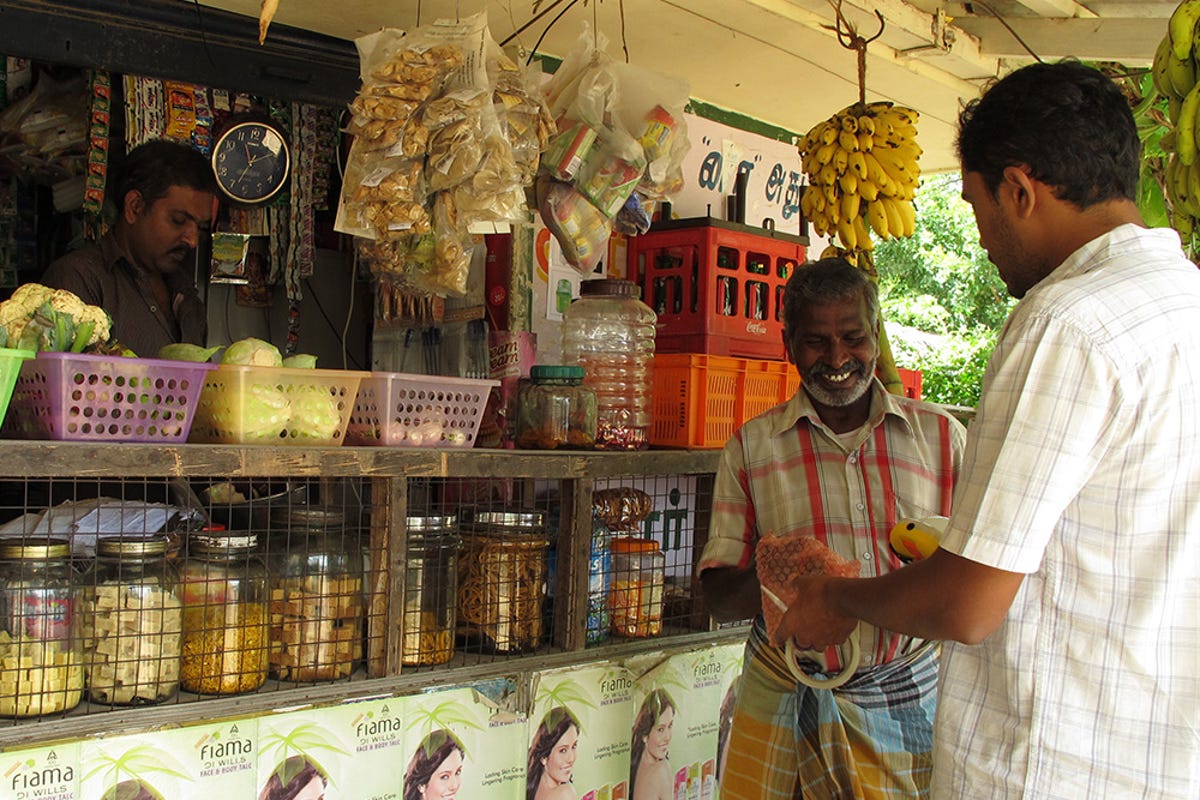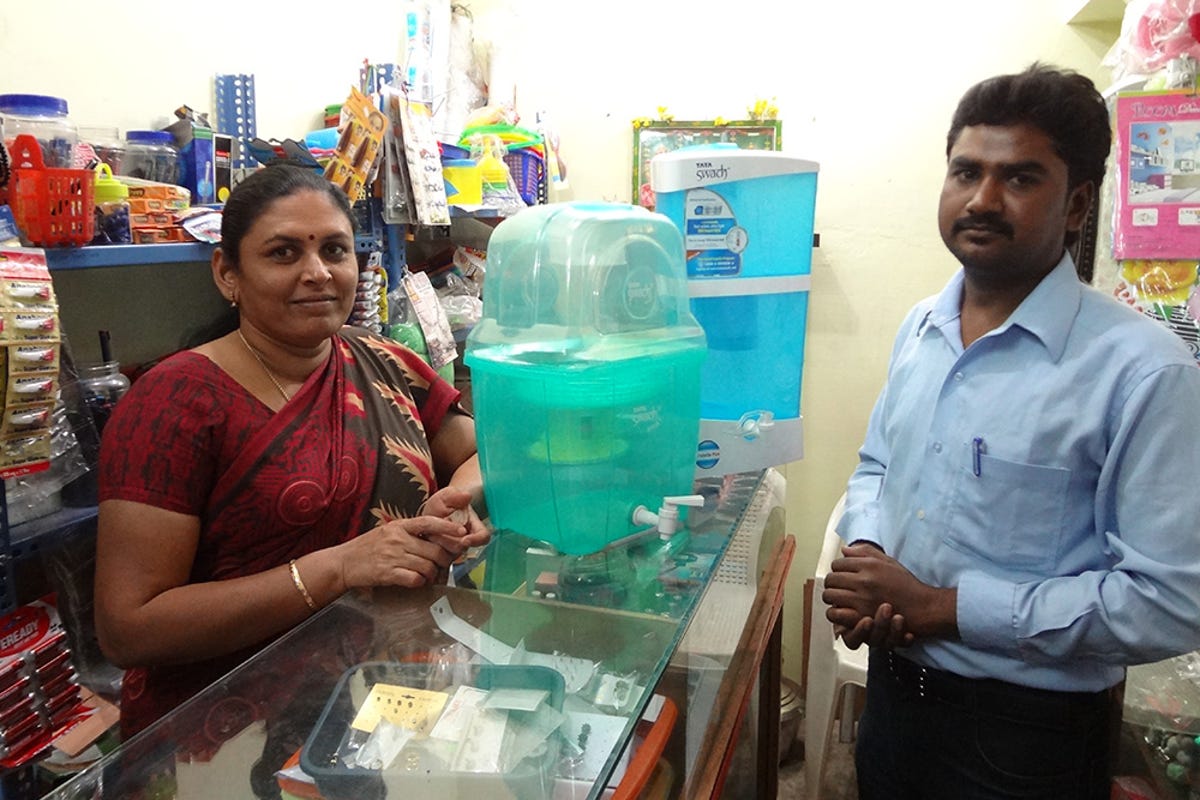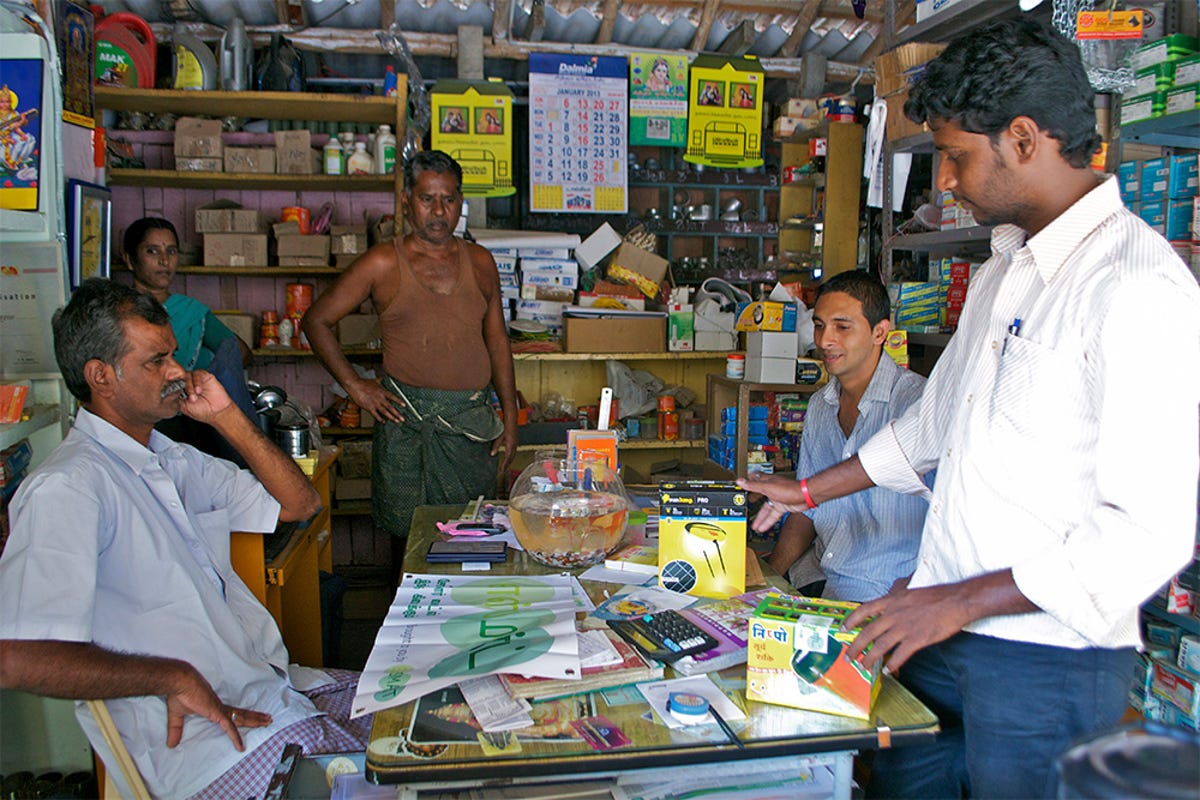Fellow Portrait
Diana Jue & Jackie Stenson
Essmart Global
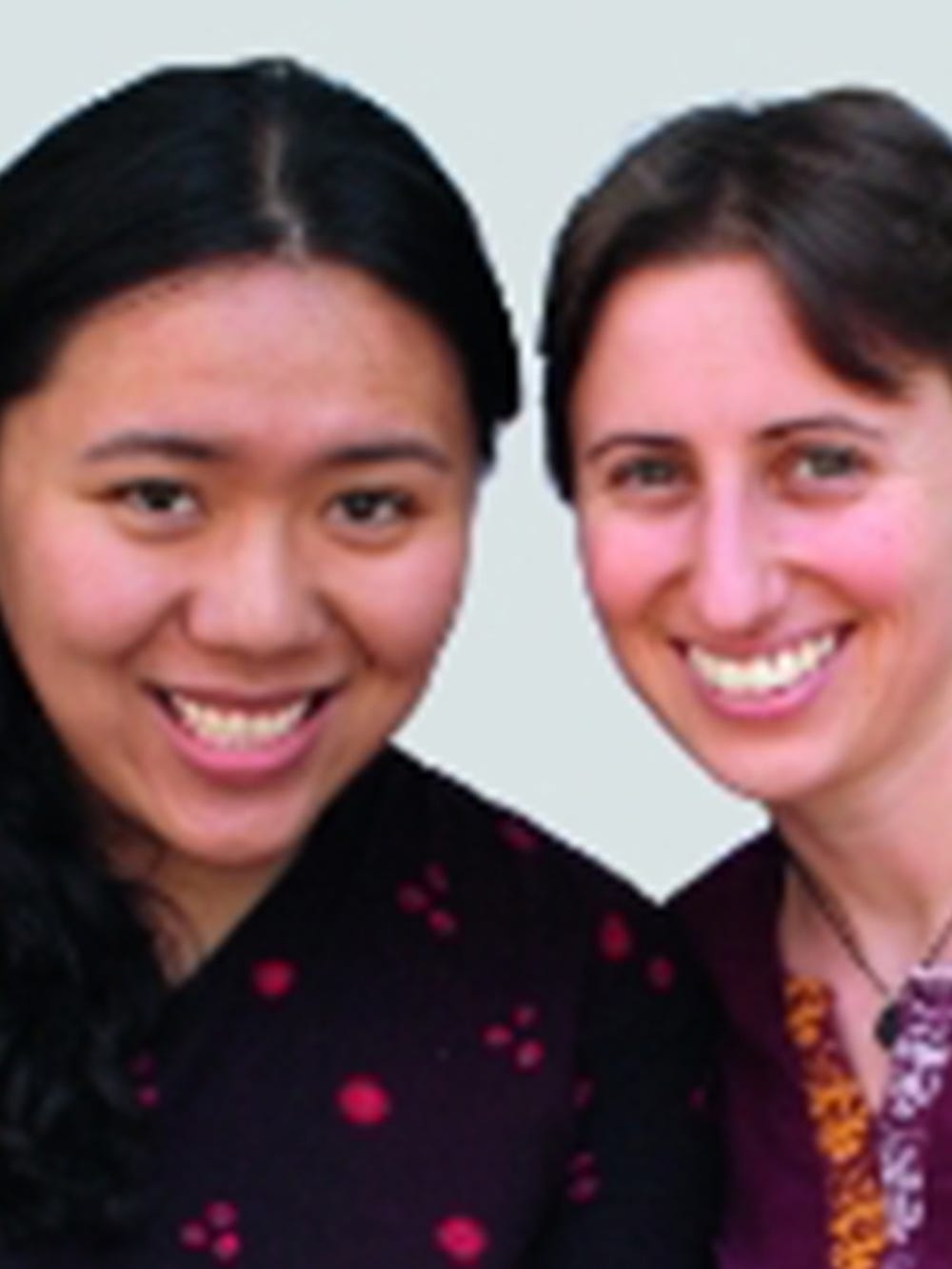
Essmart brings life-improving technologies to low-income rural populations.
South Asia and Central Asia
INDIA
FELLOW
2014
Updated April 2025
Before meeting in fall 2011, Diana Jue and Jackie Stenson followed separate yet parallel paths. Diana grew up in Los Angeles and studied urban planning and economics at MIT. Jackie was raised in Connecticut and studied mechanical engineering at Harvard. They were both interested in international development, and both went traveling after university – Diana to South Asia and China and Jackie to sub-Saharan Africa. From these travels, the two young women drew the same conclusion: they never saw anyone owning or using any of the innovative products designed for low-income rural populations.
“In Asia, my team promoted solar cookers in Tibetan villages,” says Diana. “It taught me the huge difficulties involved in distributing these products to the people who most need them.” “When you actually go to the villages across sub-Saharan Africa,” says Jackie, “no one has any idea that these kinds of products exist, or if they do, they don’t know how to get one or how to fix it.”
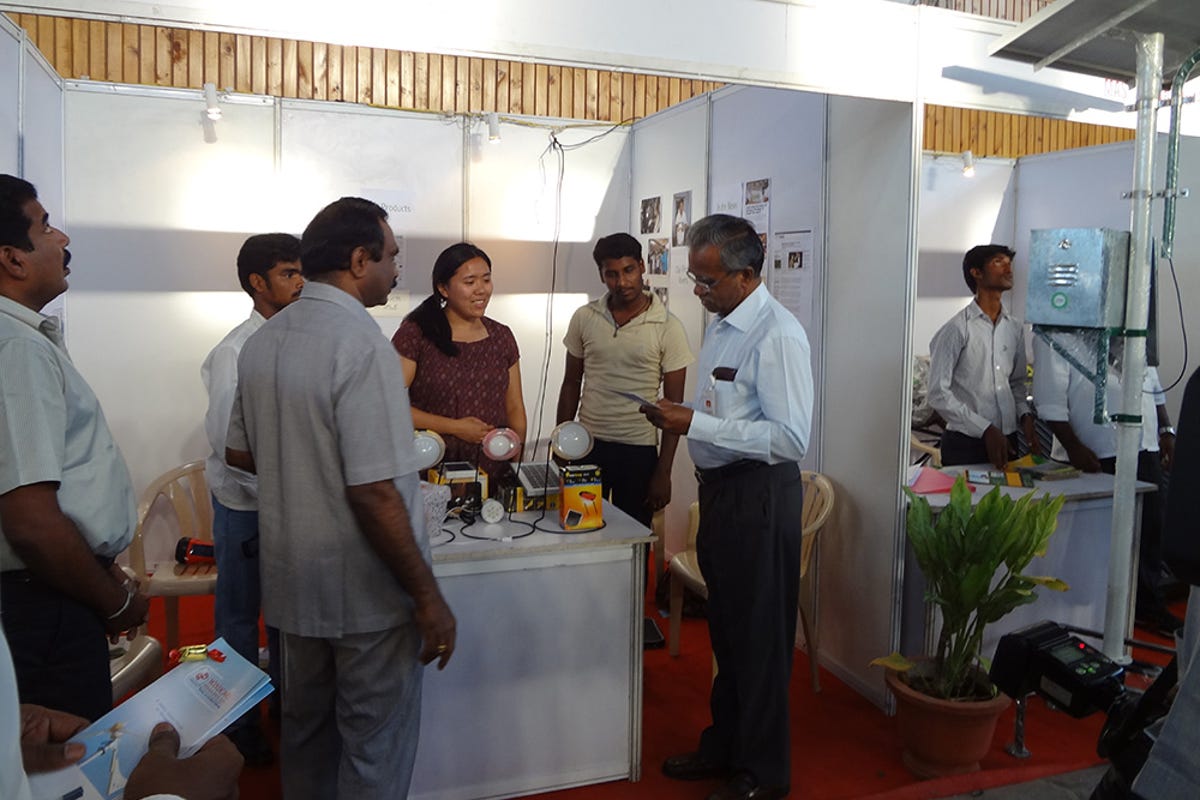
From brainstorm to brainchild
Both young women were fired by the same goal: to bring social-impact technology to the populations who need it. Back in the US, their two paths were destined to cross, via an introduction from a lecturer at MIT. “We had lunch then went straight off and brainstormed about Essmart for three hours,” the girls chime as one.
One year later, Essmart Global, ‘a world distribution company for a catalogue of life-improving goods,’ was up and running. “We build up the catalogue and connect it to places where villagers shop,” says Jackie. The co-founders chose India to launch in for a number of reasons.
The country presents an extensive network of local and village shops, and “many of the technologies we want to spread are already present in Indian cities, thus avoiding the need to import,” says Diana. “They simply face distribution issues. Now we bridge the gap in the supply chain.”
We bridge the gap in the supply chain.
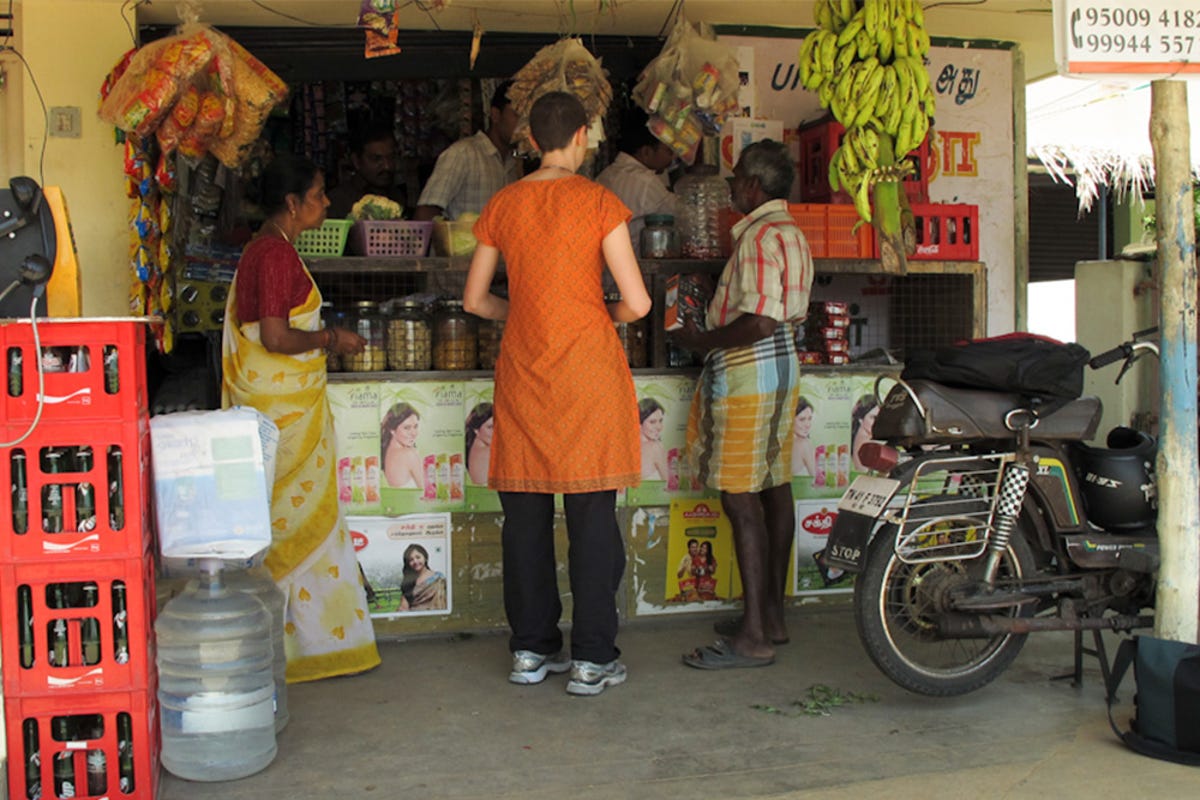
Quality service
Essmart sources 350+ life-improving products, predominantly focusing on cleantech agricultural machinery like battery-powered sprayers and solar dryers. It connects these products to a network of 5,000 local retailers in peri-urban and rural southern India, providing shop owners with selling consultations and product knowledge, local deliveries in small quantities, and after-sales service needed to convince first-time end users to adopt high-value durable goods.
First, Essmart helps retailers learn about cleantech agricultural products so they feel equipped to sell these products. Then, retailers order products directly from Essmart in quantities that work for their shelf space needs, with no minimum order restrictions. Retailers sell these products on to their own customers, leveraging their existing trusted buying relationships and earning higher margins than when they sell consumables.
Finally, every product in Essmart’s catalogue comes with a warranty, and retailers can source spare parts from Essmart, which is essential for derisking initial product adoption — smallholders want to know they are investing in a product that will last and improve their livelihoods. Essmart’s entire distribution network is managed through a proprietary logistics software that allows reps to take orders and track the supply chain via their mobile phone.
In total, Essmart has sold over 360,000 products and impacted more than 1.4 million lives. Essmart’s products have helped to increase productivity by 124 million hours and saved $11 million in costs, while also reducing 101,000 tons of carbon emissions.
By turning existing retail infrastructure into an empowered last-mile network that can sell durable technologies, Essmart gets cleantech agricultural products into the hands of the people for whom they were designed, so that the impact of these products can finally be realized.
